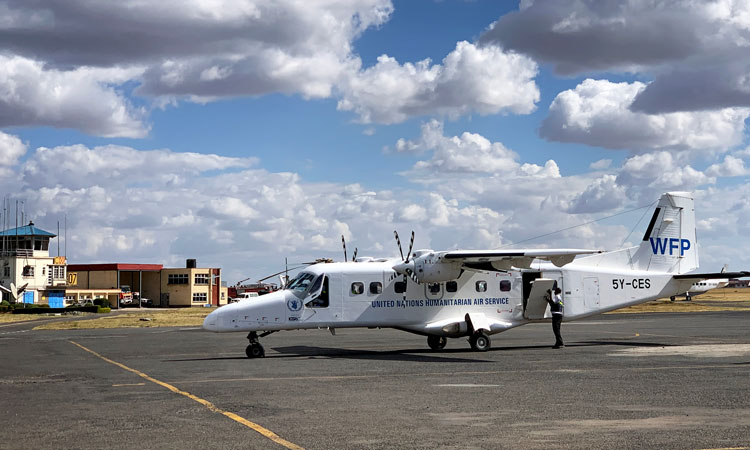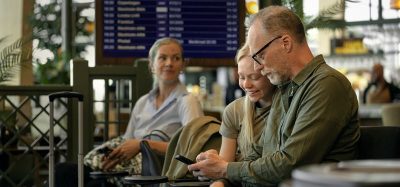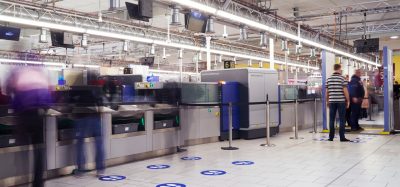ICAO assists UN Humanitarian Air Service during COVID-19 crisis
- Like
- Digg
- Del
- Tumblr
- VKontakte
- Buffer
- Love This
- Odnoklassniki
- Meneame
- Blogger
- Amazon
- Yahoo Mail
- Gmail
- AOL
- Newsvine
- HackerNews
- Evernote
- MySpace
- Mail.ru
- Viadeo
- Line
- Comments
- Yummly
- SMS
- Viber
- Telegram
- Subscribe
- Skype
- Facebook Messenger
- Kakao
- LiveJournal
- Yammer
- Edgar
- Fintel
- Mix
- Instapaper
- Copy Link
Posted: 3 April 2020 | International Airport Review | No comments yet
UNHAS is now benefitting from ICAO assistance in delivering reliable and effective passenger and light cargo transportation during the COVID-19 pandemic.


As the COVID-19 crisis continues to severely impact countries across the globe, the International Civil Aviation Organization (ICAO) has begun assisting the United Nations Humanitarian Air Service (UNHAS) – which is managed by the World Food Programme (WFP) – in its efforts to deliver reliable and effective passenger and light cargo transportation during the COVID-19 pandemic. ICAO’s involvement is part of its ongoing efforts in the global response to COVID-19, working to support UNHAS’ wide-ranging humanitarian goals.
Secretary-General of the United Nations (UN), António Guterres, recently drew attention to the fact that the COVID-19 virus “does not care about nationality or ethnicity, faction or faith. It attacks all, relentlessly”. He underscored that, as armed conflicts still rage around the world, “the most vulnerable – women and children, people with disabilities, the marginalised and the displaced – pay the highest price”.
With WFP facing difficulties in working around global airport closures, which pose risks to the reliable transport of relief staff and supplies, ICAO has assisted with a new app – that had already been in development – to monitor government aeronautical information for up-to-the-minute airport closure updates.
ICAO’s Regional Offices have been actively coordinating with WFP to help in assisting with their efforts to expand its medical evacuation (MEDEVACS) capacity across the globe and to establish seven dependable hub airports to support its worldwide humanitarian flight operations.
With respect to developing states especially, ICAO has requested that its member states assure the continued operation of local airports and access for all UNHAS evacuation and humanitarian services. ICAO has also recommended that, while applying necessary movement protocols to humanitarian flight crews, states should avoid taking these urgently-needed personnel out of service by placing them under quarantine for extended periods.
In addition, national aviation authorities have been asked to expedite matters relating to the expiration of personnel licenses, and coordination with national flight planning and advisory services.
Aircraft operations for WFP and others are dependant on a reliable supply of spare parts for standard maintenance requirements and, accordingly, ICAO is also drawing state attention to the need for special clearances for spare part shipments by their customs and border control personnel.
Dr. Fang Liu, ICAO Secretary General, said: “UNHAS operations are critical to many citizens and societies, no matter the global situation, and, in many instances, they are the only option for getting supplies to the world’s most remote and challenging locations. As we work together to respond to a global pandemic, they become even more important, however, and, therefore, throughout the COVID-19 pandemic, we’re calling on governments to be cognisant and proactive in assuring and supporting these vital air services.”
Related topics
Air freight and cargo, Airport crisis management, COVID-19, Workforce
Related organisations
International Civil Aviation Organization (ICAO), United Nations (UN), United Nations Humanitarian Air Service (UNHAS), World Food Programme (WFP)


















